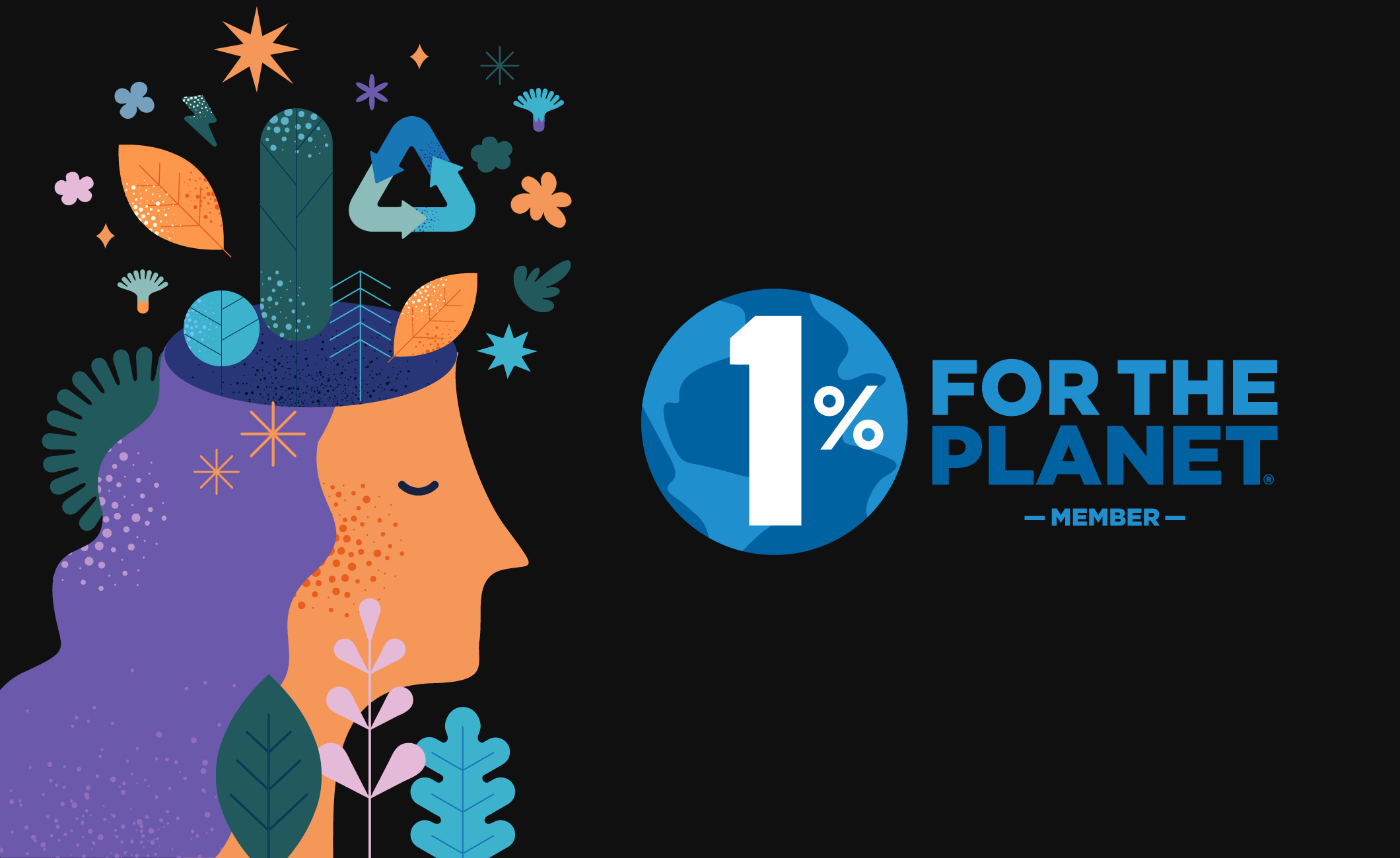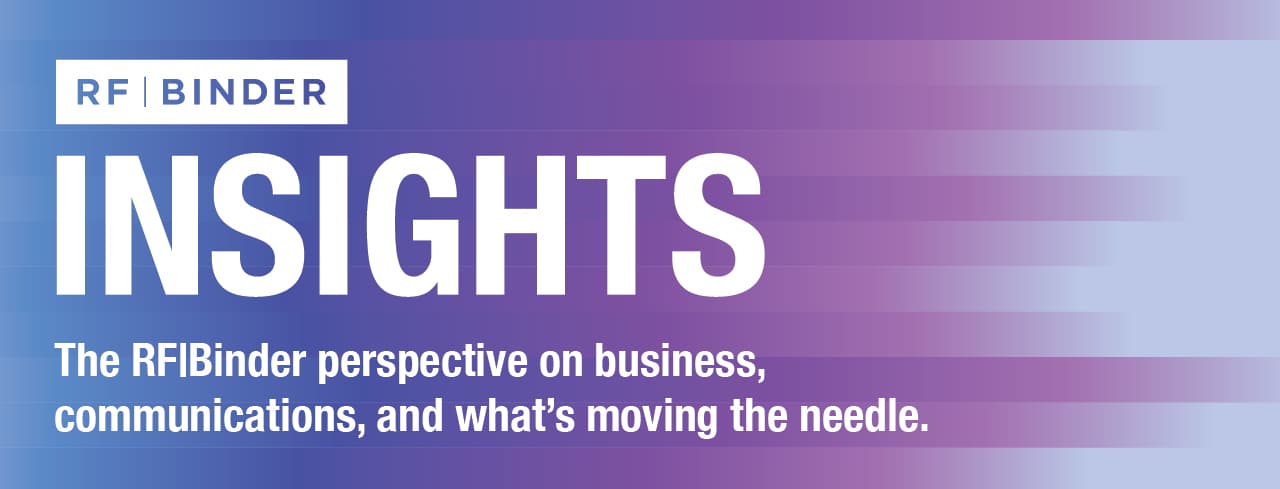For RF|Binder’s latest June Hour to Empower, we had the opportunity to learn about the importance of environmental giving from Allyson Bartlett and Celine Miranda from 1% for the Planet. Currently the VP of Brand & Marketing, Allyson is focused on growing the global brand and driving record scale and impact. As a Senior Account Manager, Celine uses her background in Environmental Science and her expertise in corporate philanthropy to expand and manage one of the largest stakeholder groups within the 1% for the Planet network.
RF|Binder hosts Hour to Empower sessions regularly. We invite diverse speakers and thought leaders to spark meaningful conversations with our colleagues and drive impact for our clients.
Below is a summary of some key takeaways from our discussion with Allyson and Celine.
In the world of certified giving, less than 3% of philanthropic contributions go to environmental causes. 1% for the Planet is on a mission to change that and show that everything is intersectional when it comes to climate change. Since joining 1% for the Planet earlier this year, RF|Binder is amplifying its sustainability initiatives and ensuring that our business is a force for good.
Supporting a wide range of environmental partners, 1% for the Planet requires its members to donate 1% of annual sales. 1% for the Planet was founded in 2001 during an annual fishing trip between Patagonia founder Yvon Choujnard and Blue Ribbon Flies founder Craig Mathews, who sought to cast a wider net for corporations to be responsible for their own environmental impacts.
Since its founding, 1% for the Planet has raised more than $635 million in certified giving, with the goal of reaching $1 billion before 2030. With a global community of 5,200+ members across various industries and 6,700+ environmental partners, 1% for the Planet is paving the way for a better, more sustainable future.
The Road to Membership
For companies interested in becoming members, the first step is for the business to commit to donating at least 1% of annual sales – not profits – to 1% for the Planet-affiliated organizations. While 1% may feel like a lofty number, 1% for the Planet believes this figure is a real and substantial commitment for businesses of any size. For every dollar donated to 1% for the Planet, $13 is unleashed in network impact.
The second step is actually donating 1% of sales directly to one or more environmental organizations vetted through 1% for the Planet. 1% for the Planet firmly believes in the direct relationship between business members and environmental partners and does not act as a foundation to collect funds. After submitting the donation receipt and revenue documentation, the business can be certified as an official 1% for the Planet member.
The last step is amplifying and sharing stories of environmental giving and impact. Within 1% for the Planet, there is a whole community of business leaders, activists, teachers, artists and more who support each other’s stories. Through volunteering and networking opportunities, members can gain inspiration from like-minded peers.
Sustainable & Successful Stories
1% for the Planet is deeply invested in matching businesses and environmental partners to ensure that goals and missions align. Its vetting process builds credibility and allows businesses and environmental partners to address specific impact areas.
For example, business member Saie, a clean beauty brand, partnered with the Coral Restoration Foundation on World Water Day to bring attention to the coral reef crisis, particularly in Key Largo, Florida. The coral is bleaching due to increased ocean temperatures, leading to uninhabitable coral reefs. The partnership resulted in an urgent message to protect our local ecosystems, emphasizing the need to take action against the climate crisis.
Another example is business member TAZO, which partnered with American Forests to launch the TAZO Tree Corps – a locally-hired workforce that reforests BIPOC communities in the United States. Historically, BIPOC communities have been disproportionately impacted with 20% fewer trees on average compared to white communities. This partnership ensures these communities have access to healthy and green living spaces, quality water, clean air and improved mental health.
Theory of Change
Amid a rapidly changing world, one may wonder how we can all make a difference. By repeating small and simple actions, Celine believes that these “ripple effects” will have an impact on communities far and wide. This sums up 1% for the Planet’s theory of change. Allyson wrapped up the discussion with this simple reminder: “Our world is changing and we need people to change along with it.”

